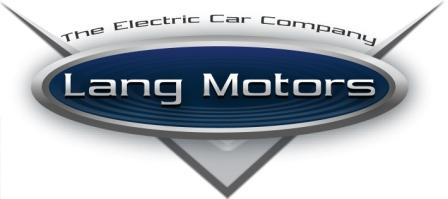
Wheego is a startup electric-car company, selling an electric conversion of a Chinese-made minicar. Wheego has already delivered about 300 of the Neighborhood Electric Vehicles (NEV) so far. The NEVs are being assembled in its plant in Ontario, California.
The delay in the release of China’s Energy-Saving and New Energy Vehicle Industry Development Plan (2011-2020) (the Plan) reflects some disputes over the draft copy, which was circulated last July among selected government agencies and leading automobile manufacturers. In addition to issues such as the feasibility of targeted goals of fuel efficiency, CO2 reduction and definition of new energy vehicles, the treatment of grassroots Neighborhood Electric Vehicles (NEV) may have been a focal point for further discussion.
Although Neighborhood Electric Vehicles (NEV) enjoy a huge market potential, it remains to be seen if the central government in China will legalize them through a different set of regulations and standards. China’s leading OEMs, which participated in drafting the Plan, may have strongly opposed to the promotion of Neighborhood Electric Vehicles (NEV).
For one thing they have invested heavily on highway-ready plug-in and electric vehicles. For another, they argue, Neighborhood Electric vehicles (NEV) would present a poor image for modern cities, they say.
The commercialization of highway-ready EVs has not been satisfactory due to high prices and lack of infrastructure support. In sharp contrast, Neighborhood Electric Vehicles (NEV) have mushroomed over the past few years due to their ultra-low price, convenience of home charging, low electricity cost in rural/urban areas and the absence of license and other fees.
Statistics show that the current annual demand for Neighborhood Electric Vehicles (NEV) in China has exceeded 100,000 units. There are more than 100 Neighborhood Electric Vehicles (NEV) producers with a capacity of over 300,000 units.
The commercialization of Neighborhood Electric Vehicles (NEV) in China is the result of grassroots efforts and market demand.
Many industry analysts, including Chen Qingtai, former director of the State Council’s Development and Research Center, and Wang Binggang, former director of China Automotive Technology and Research Center, are active supporters of Neighborhood Electric Vehicles (NEV). At the EVS25 last year, government officials and EV experts agreed that China should prioritize the commercialization of Neighborhood Electric Vehicles (NEV) at the current stage before moving into the popularization of highway-ready EVs, which will depend on technology breakthroughs and availability of charging infrastructures.
It remains to be seen how China can leverage grassroots demand for Neighborhood Electric vehicles (NEV) in its long-term development plan for new energy vehicles in the next 10 years.
Source: China Automotive Review (February 11, 2011)






No comments:
Post a Comment